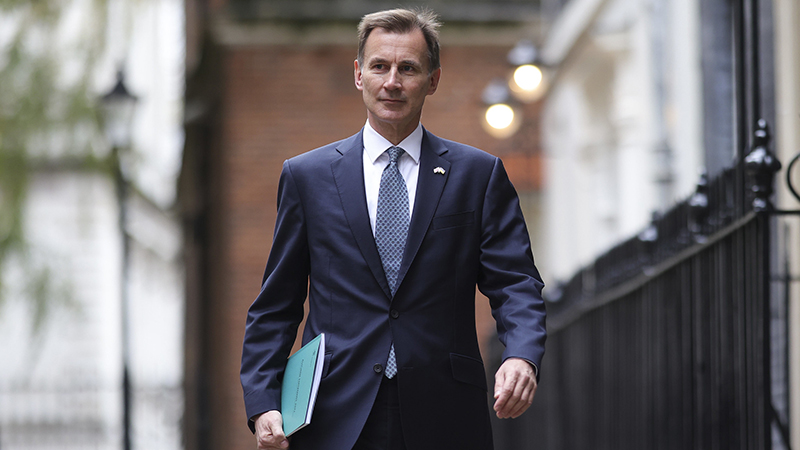Chancellor Jeremy Hunt has revealed the government has a 110-point plan which he claims will help British businesses to thrive.
In his Autumn Statement, Hunt said he hopes the changes will help bring about £20bn in fresh business investment a year, equivalent to 1% of total GDP, and drive increased productivity across the economy.
He did not attempt to list all 110 points, but laid out some of the broad changes he plans.
Making ‘full expensing’ permanent was the centrepiece. This could save companies £10bn a year in tax by allowing them to claim back on investment in plant and machinery. This scheme had been due to end in 2026.
The Chancellor said it would be the ‘biggest ever’ boost for business investment in modern times and that it is the most effective way to ‘raise wages and living standards for every family in the country’.
He added that he wants to ‘get Great Britain building’ and deliver energy security by reforming the planning system to remove barriers to investment in critical infrastructure.
An additional £4.5bn of money is to be made available for ‘strategic manufacturing sectors’ such as auto, aerospace, life sciences and clean energy.
Artificial Intelligence investment was another of the big pledges, with £500m earmarked to promote the industry in the UK.
New ‘investment zones’ will be created, Hunt said, as well as increased devolution for the UK’s member states.
The cuts to national insurance announced will also help businesses, particularly small businesses and the self-employed, Hunt said.
Michael Field, European market strategist at Morningstar commented: “For businesses, the biggest measure of the day was making the tax rules permanent around offsetting of plant and machinery expenses against profits. Although businesses are still pulling back on spending in light of the weak state of the global economy, this at least gives some visibility of the tax implications of doing so.
“The announcement of a green fund, to the tune of £4.5 billion, could also boost investment in manufacturing at a time when it is badly needed to stimulate the economy. The auto industry is likely to be a huge beneficiary here.”
See also: Rising bond yields: A one-off adjustment, or a warning light for investors?










